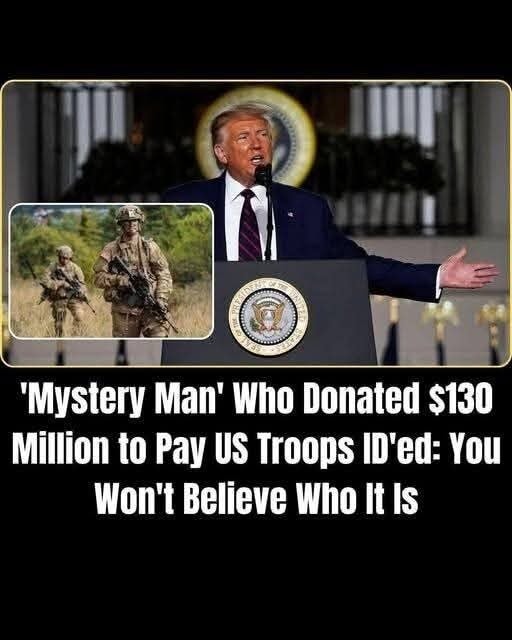The stakes are real. For twenty-five days, the federal government has been shut down, leaving military families in financial limbo. Unlike civilian employees who can be furloughed, active-duty service members must report for duty—train, deploy, and risk their lives—without pay. Failed legislative attempts have left many struggling to pay bills, buy groceries, or keep up with daily expenses.
Mellon’s $130 million donation could be transformative—but the Antideficiency Act stands in the way. This federal law prohibits agencies from spending funds that haven’t been formally appropriated by Congress, ensuring that the power of the purse remains with the legislature. Even if Mellon’s money were available tomorrow, the Department of Defense would likely be legally barred from distributing it to troops without Congressional approval. Lawyers and legal experts are now exploring potential workarounds, but the path is complicated, and ethical questions about private funding of public duties loom large.
Regardless of the outcome, Mellon’s move has shifted the conversation. It’s no longer an abstract debate over politics or budget lines—it’s about real people struggling to survive while serving their country. For many, the billionaire’s offer highlights both the urgency of the crisis and the frustration of a system that leaves soldiers financially vulnerable while lawmakers debate in marble halls.
As the shutdown drags on, the fate of Mellon’s offer—and the well-being of countless military families—remains uncertain. His action, whether ultimately realized or blocked by law, is a stark reminder of the gaps in governance and the unexpected ways private citizens can step into the void.
For now, all eyes are on Congress, the Pentagon, and the legal questions surrounding this historic donation. And Timothy Mellon, as elusive as ever, remains at the center of a national story that combines patriotism, wealth, and the limits of governmental authority.
What do you think?
Could private solutions ever work in public crises, or should government always hold sole responsibility? Share your thoughts below!

